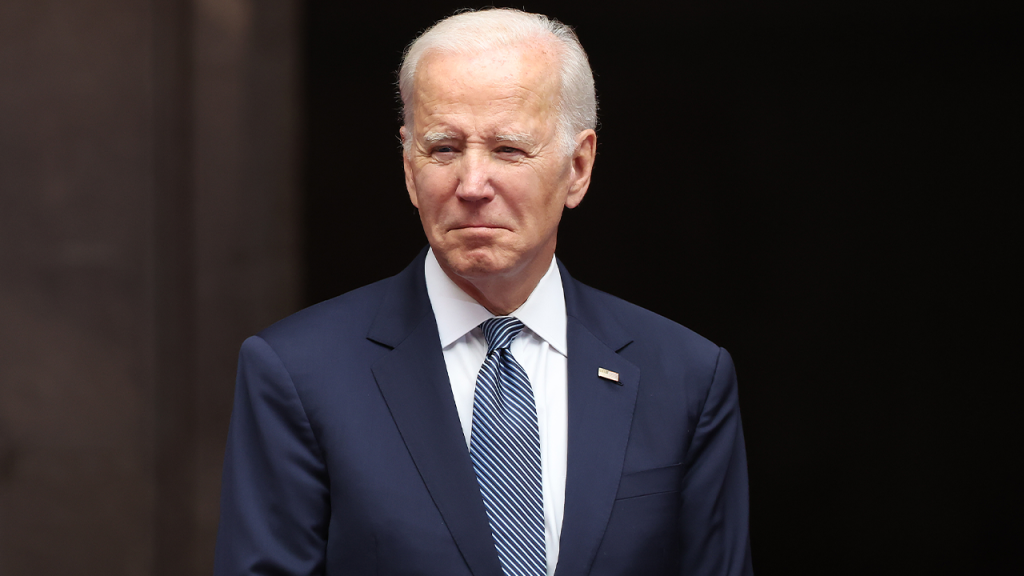The Biden administration recently informed Congress of its decision to waive sanctions on military sales to several Middle Eastern countries, including Lebanon, Iraq, Kuwait, Yemen, Libya, Qatar, and Saudi Arabia. This decision was made just a day before President Biden publicly stated that the U.S. would not provide offensive aid to Israel if it were to invade Rafah. Some of these countries have been accused of supporting terror groups like Hamas, which have threatened the security of Israel. The administration’s move to waive sanctions raised concerns about the U.S.’s stance on supporting Israel in its conflict with these groups.
President Biden issued a high-stakes ultimatum to Israel in a CNN interview, warning against using historical weapons in dealing with the situation in Rafah. While the President emphasized continued U.S. support for Israel’s defensive systems, such as the Iron Dome, he made it clear that offensive aid would not be provided if Israel took action in Rafah. The decision to issue sanctions waivers to countries accused of boycotting Israel adds to the complexity of the situation, calling into question the U.S.’s commitment to supporting Israel in the region.
The Biden administration justified the extension of sanctions waivers to these countries by citing national security and regional stability considerations. For example, with Lebanon, the administration argued that the waiver was in the U.S. national interest as it supports Lebanese stability and sovereignty, while also combating violent extremist influences in the region. Similarly, in the case of Yemen, where Houthi rebels have been causing chaos, the waiver was deemed necessary to continue working with the government to address regional threats.
Countries like Qatar, which have been actively involved in housing top Hamas officials and facilitating ceasefire negotiations, also received sanctions waivers. While such decisions are aimed at maintaining security in the region and strengthening bilateral relationships, they have raised concerns about the U.S.’s overall approach to dealing with countries that have ties to groups like Hamas. The waivers highlight the complexities of the situation in the Middle East and the challenges faced by the U.S. in navigating relationships with various nations in the region.
The Biden administration’s decision to waive sanctions on military sales to Middle Eastern countries while simultaneously issuing warnings to Israel about its actions in Rafah has sparked debate and raised questions about the U.S.’s position in the region. The administration’s emphasis on national security interests and strategic partnerships with these countries has been used to justify the waivers, but concerns remain about the impact on U.S. relations with Israel and its commitment to countering threats from groups like Hamas. As the situation continues to evolve, it is crucial for the U.S. to carefully navigate its relationships in the Middle East and ensure that its actions align with its broader foreign policy goals.
Overall, the decision to waive sanctions on military sales to certain Middle Eastern countries, combined with President Biden’s public statements regarding U.S. aid to Israel, underscores the complex dynamics at play in the region. Balancing national security concerns, regional stability considerations, and strategic partnerships with various nations poses significant challenges for the Biden administration. As the situation unfolds, it will be important for the U.S. to carefully assess its approach to dealing with countries that have ties to groups like Hamas while also maintaining its commitment to supporting Israel’s security and stability in the region.


